Madama
Butterfly
Giacomo Puccini
Japanese tragedy in three acts
Libretto: Giuseppe Giacosa, Luigi Illica
World premiere: 17 February 1904, Regio Teatro alla Scala, Milan
Polish premiere: 3 December 1908, Teatr Wielki, Warsaw
Premiere of this production: 29 May 1999, Polish National Opera, Teatr Wielki, Warsaw
In the original Italian with Polish surtitles
‘It’s easy to stage a revolution when you know nothing,’ says Mariusz Treliński, now the respected winner of an ‘operatic Oscar’, recalling his proper opera debut and acknowledging the impact he had on the transformation of contemporary opera language. He transitioned from film equipped with cinematic narration and raised his hand on opera, which he considered ‘pretentious, bourgeois, irritating, and pandering to poor tastes’. Although Treliński claims that he was ignorant about opera as a young director, that was not really the case: his first film, Farewell to Autumn, based on Witkiewicz’s novel and matching the original’s quality, dazzled with the operatic scale of staging, set design, and the dandy way it flirted with the artificiality of its constraints on which music theatre thrives. Any accusations of Treliński’s musical ignorance are also hugely exaggerated, considering that he illustrated homoerotic antics of the film’s protagonists with Nemorino’s aria from Donizetti’s L'elisir d'amore. That’s enough to suspect that Ciociosan meant for him more than the supermarket brand of Bulgarian vermouth. Setting out to stage the Puccini classic together with set designer Boris Kudlička, Treliński strived for minimalism and stripping Madame Butterfly of its Japanese-style kitsch. Thus, paradoxically, lying at the origins of the greatest Polish opera career of this century was the desire to bring the means of operatic expression to a bare minimum. It is a great, canonic production. The first choice for opera beginners and a favourite with advanced opera lovers.
The USS Abraham Lincoln docks in Nagasaki, and Officer Benjamin Franklin Pinkerton shows a great deal of interest in local culture, with a young Japanese girl as his guide. The fifteen-year-old geisha he meets goes to his head like a drink – his intoxication, however, proves quite fleeting. Her name is Cio-Cio-san (named not after the vermouth, but rather the eponymous Butterfly). After a fake wedding with the belle and a consummation of their relationship, Franklin from Lincoln fends his mistress off with a promise of his return once robins nest again. Robins take their sweet time to nest, and the beau returns to Japan with an American wife in tow. In the meantime, the geisha bore the fruit of her unrequited love. Once Cio-Cio-san realizes who the American lady is, she stabs herself to death with a dagger. Her son is to be taken to America. Through staging perfection, visual wisdom and pure beauty (let us not be afraid of this word) the entire production exudes – Mariusz Treliński brings to opera what Federico Fellini has brought to film, namely the absolute best. It would be a shame to miss it!
Cast
Credits
Synopsis
Sponsors
-
Więcej wydarzeń ze świata muzyki klasycznej w aplikacji ONSTAGE
-
Partnerzy Akademii Operowej
-
Partnerzy Teatru Wielkiego - Opery Narodowej
-
Partner technologiczny
-
Patroni medialni
-
Check out more classical music events through the Onstage app.
-
Partners of the Opera Academy
-
Partners of Teatr Wielki – Polish National Opera
-
Technological partner
-
Media patrons





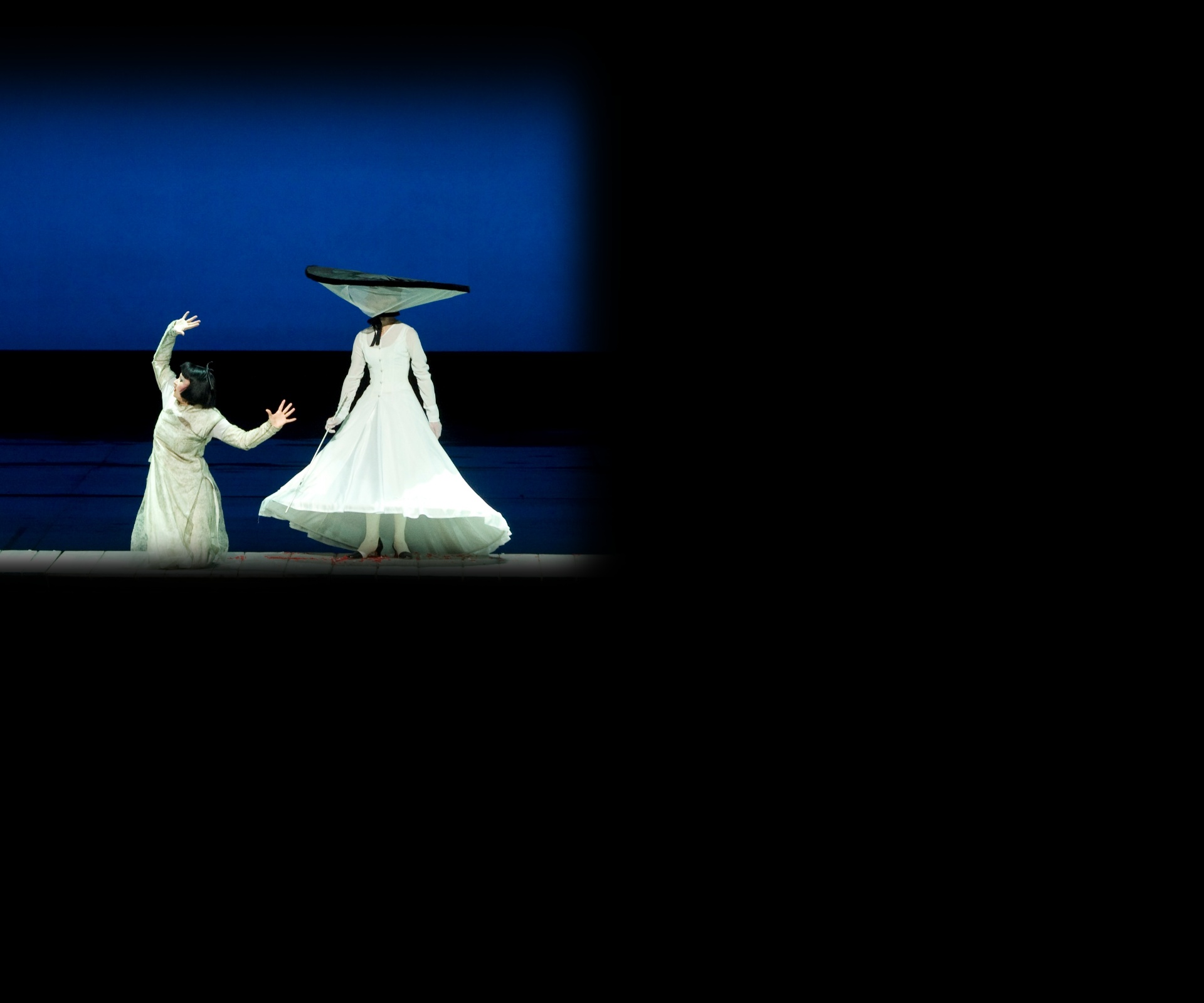

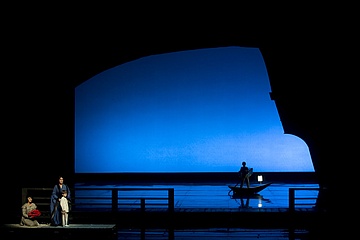
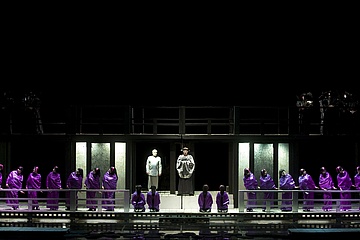

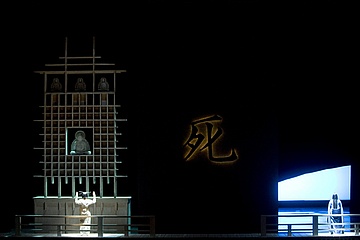
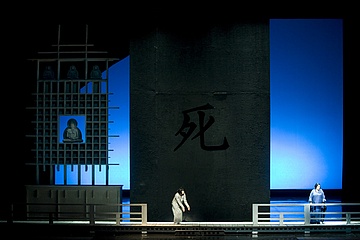
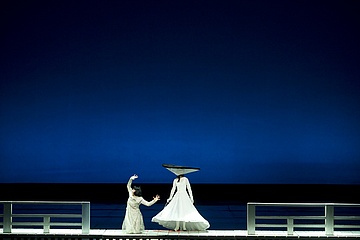
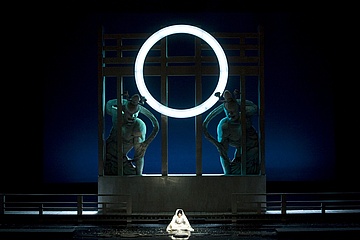
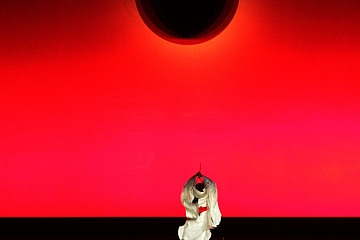
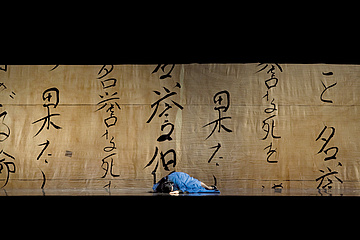

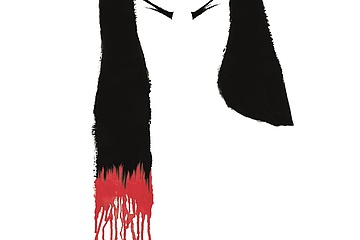
 Aleksandra Kurzak
Aleksandra Kurzak  Rafał Bartmiński
Rafał Bartmiński  Tomasz Rak
Tomasz Rak  Mateusz Zajdel
Mateusz Zajdel  Aleksandra Orłowska
Aleksandra Orłowska  Piotr Maciejowski
Piotr Maciejowski  Grzegorz Szostak
Grzegorz Szostak ![[Translate to English:]](/fileadmin/_processed_/1/9/csm_slawomir_kowalewski_-_kwadrat_3ef90e795b.jpg) Sławomir Kowalewski
Sławomir Kowalewski  Bernadetta Grabias
Bernadetta Grabias  Ilona Krzywicka
Ilona Krzywicka  Tadeusz Szlenkier
Tadeusz Szlenkier  Krzysztof Szmyt
Krzysztof Szmyt  Agata Schmidt
Agata Schmidt  Mariusz Treliński
Mariusz Treliński ![[Translate to English:] Boris Kudlička](/fileadmin/_processed_/7/a/csm_Boris_Kudlicka_4424_www_8b991ee181.jpg) Boris Kudlička
Boris Kudlička  Paweł Grabarczyk
Paweł Grabarczyk  Magdalena Tesławska
Magdalena Tesławska ![[Translate to English:]](/fileadmin/_processed_/f/4/csm_Emil_Wesolowski_fot._Pawel_Roslon_mini__e5d48cae55.jpg) Emil Wesołowski
Emil Wesołowski  Stanisław Zięba
Stanisław Zięba ![[Translate to English:]](/fileadmin/media/img/ludzie/dyrygenci/patrick_fournilier_fot_arch_artysty_-_kwadrat.jpg) Patrick Fournillier
Patrick Fournillier 






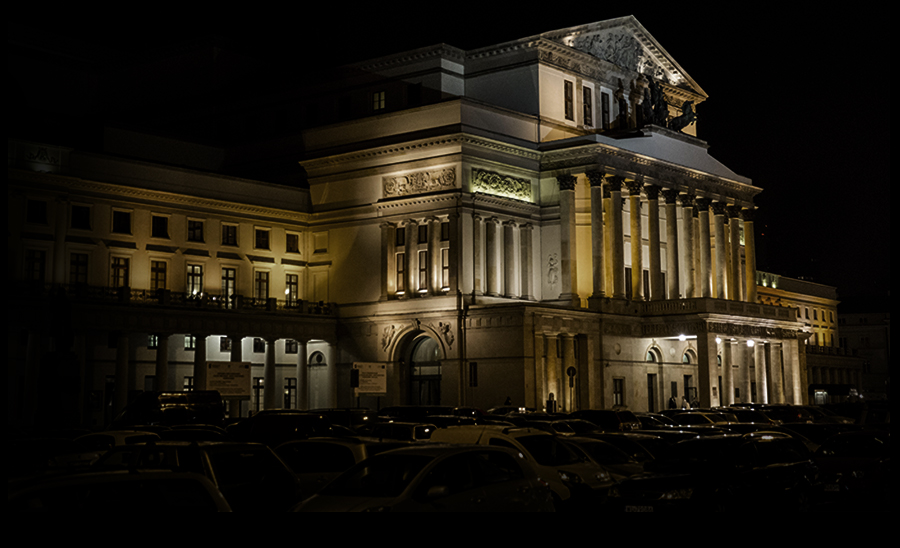 ''
''